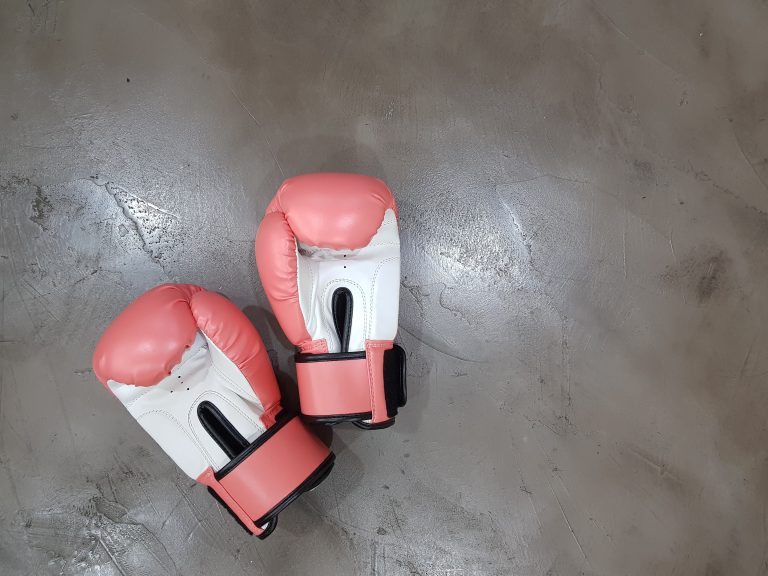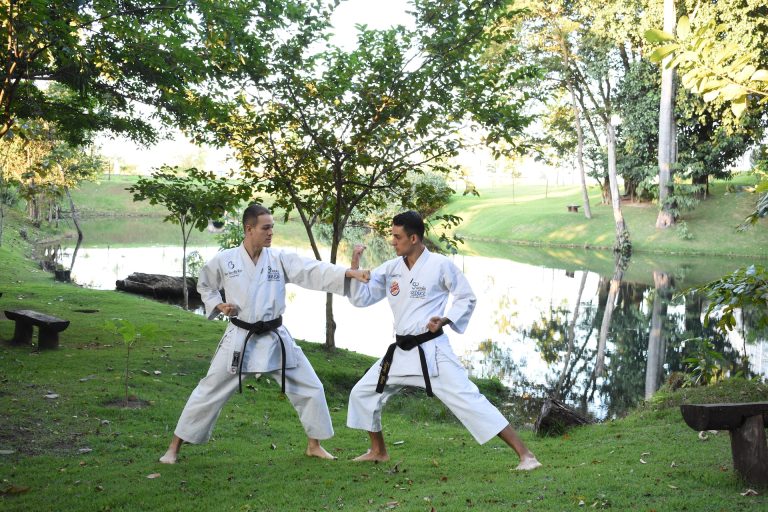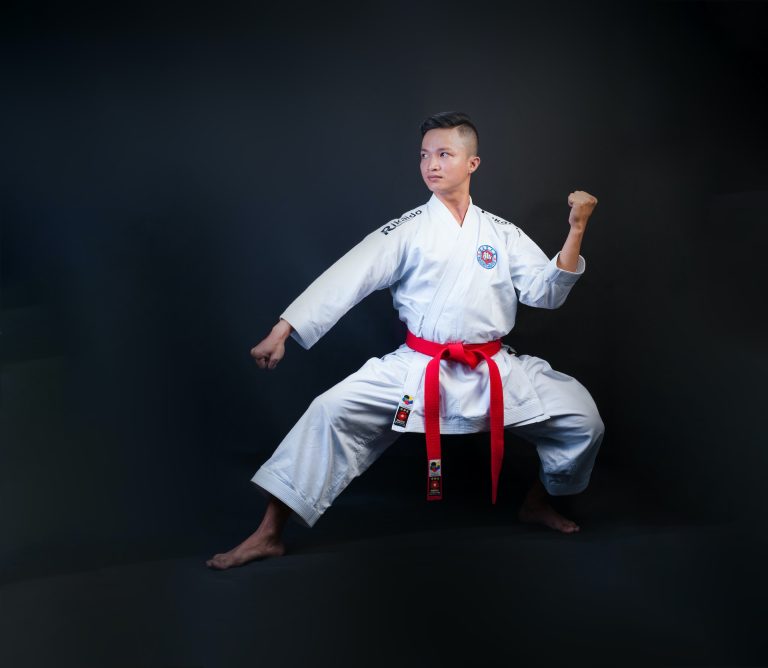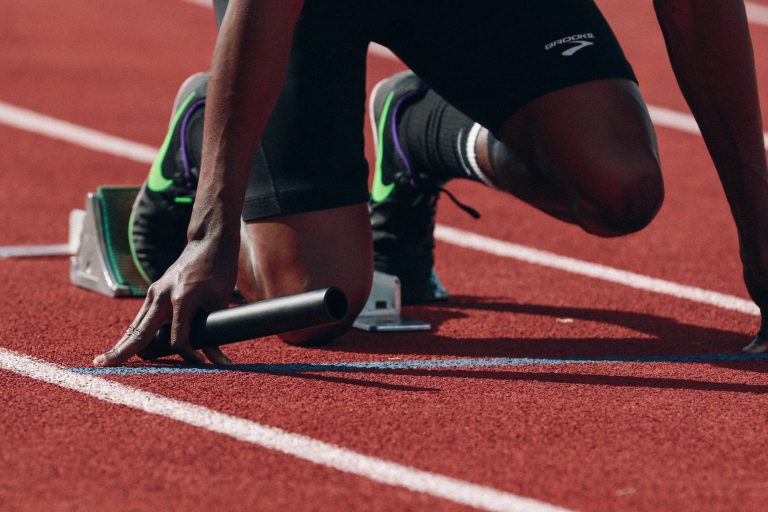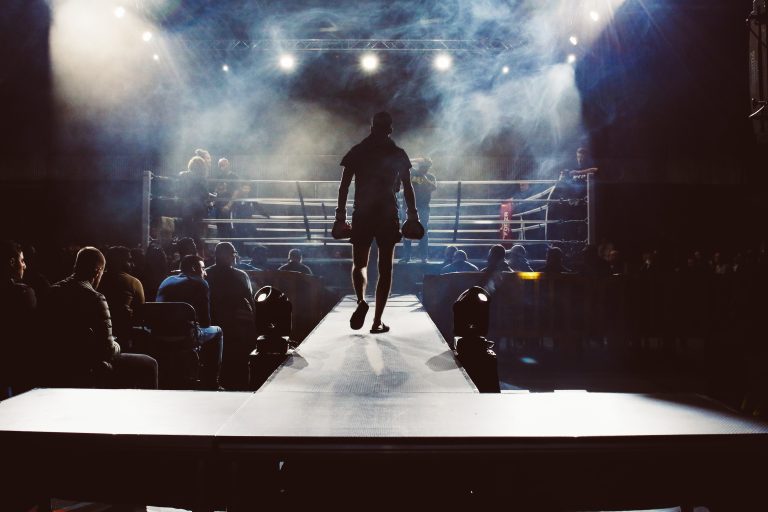Why Karate is Needed
Karate is a martial art that was developed in Okinawa, Japan, in the early 1900s. It is a popular activity for people of all ages, from children to adults. Karate has many benefits for both physical and mental health. In this article, we will look at some of the reasons why karate is needed and why you should consider taking up this martial art.
Physical Benefits of Karate
Karate involves a lot of physical activity, which can help you to achieve many health benefits. Some of the physical benefits of karate include:
- Improved Fitness: Karate involves a wide range of movements, including punches, kicks, and blocks. These movements help to improve cardiovascular fitness, flexibility, and strength.
- Better Coordination: Karate requires a lot of hand-eye and foot-eye coordination. Practicing karate can help to improve your coordination and balance.
- Weight Loss: Karate can be an effective way to lose weight. A 60-minute karate training session can burn up to 500 calories.
- Bone Strength: Karate involves a lot of kicking and punching, which can help to improve bone density and reduce the risk of osteoporosis.
Overall, karate is a great way to improve your physical health and fitness. It can help you to develop strength, flexibility, and coordination.
Mental Benefits of Karate
In addition to the physical benefits, karate can also have many mental health benefits. Some of the mental benefits of karate include:
- Reduced Stress: Karate involves mental discipline, which can help to reduce stress and anxiety.
- Improved Focus: Karate requires a lot of focus and concentration. Practicing karate can help to improve your ability to focus and concentrate.
- Increase Self-Confidence: Karate can help to increase your self-confidence and self-esteem. As you progress through the levels, you will gain a sense of accomplishment and pride in your achievements.
- Enhanced Mental Toughness: Karate requires mental toughness and resilience. Practicing karate can help you to develop these skills, which can be useful in all areas of life.
Overall, karate can be an effective way to improve your mental health and wellbeing. It can help you to reduce stress, improve focus, increase self-confidence, and develop mental toughness.
Karate for Self-Defense
Karate is a martial art that was originally developed for self-defense purposes. It can be a useful skill to have in situations where you need to protect yourself or others. Karate can help you to develop the skills you need to defend yourself, including:
- Striking: Karate involves a lot of striking techniques, including punches, kicks, and knees. These techniques can be effective for self-defense purposes.
- Blocking: Karate also involves a lot of blocking techniques, which can help you to defend against attacks.
- Throws and Joint Locks: Karate includes throws and joint locks, which can be used to immobilize an attacker.
- Evasion Techniques: Karate teaches you how to evade attacks and get out of dangerous situations.
Overall, karate can be a useful skill to have for self-defense purposes. It can help you to develop the techniques you need to defend yourself effectively.
Why Karate is Needed – Answering Common Questions
Karate is a martial art that has gained popularity throughout the world in recent years. Many people are curious about why karate is needed, its benefits, and who can benefit from practicing it. In this post, we will answer some of the most common questions about why karate is needed.
1. What are the benefits of practicing karate?
Practicing karate has many benefits. This martial art can help you improve your physical strength, mental focus, and discipline. It is an excellent way to stay active and healthy while learning valuable self-defense techniques. Karate can also help you build confidence, reduce stress, and improve your overall well-being.
2. Who can benefit from practicing karate?
People of all ages can benefit from practicing karate. Children can develop their physical coordination, mental focus, and discipline. Adults can improve their fitness, learn self-defense, and reduce stress. Older adults can stay active and maintain their physical health while improving their mental sharpness.
3. What makes karate different from other martial arts?
Karate is a martial art that originated in Okinawa, Japan. It emphasizes strikes, kicks, and punches. Karate practitioners also learn grappling techniques, joint locks, and throws. What makes karate different from other martial arts is its emphasis on discipline, mental focus, and character development.
4. Do I need to be in good shape to start practicing karate?
No, you do not need to be in excellent shape to start practicing karate. Karate is an activity that can be tailored to your fitness level. As you progress, you will improve your strength, flexibility, and endurance. Karate classes can be an excellent way to start your fitness journey and become more active.
5. Is karate useful for self-defense?
Yes, karate is an effective way to learn self-defense techniques. Karate teaches you how to defend yourself against attackers by using practical techniques such as blocks, strikes, and joint locks. Practicing karate can help you develop the skills and confidence you need to defend yourself in real-life situations.
6. Can practicing karate help me reduce stress?
Yes, practicing karate can help you reduce stress. Karate is an excellent way to channel negative emotions and release tension from your body. It can also help you cultivate a calm and focused mindset that can help you cope with stressful situations in your daily life.
7. Do I need any special equipment to practice karate?
To practice karate, you will need a gi (uniform), belt, and training shoes. You may also want to invest in protective gear such as gloves, shin guards, and headgear. Most karate dojos or schools will provide this equipment for you to use during classes.
8. How long does it take to become proficient in karate?
Becoming proficient in karate is a lifelong journey. The time it takes to become proficient can vary depending on your dedication and skill level. In general, it takes several years of consistent practice to reach a level of proficiency where you can confidently defend yourself and perform advanced techniques.
In conclusion, practices like karate are needed because it offers an array of physical, mental, and emotional benefits. Karate can help you build your strength, flexibility, and endurance, while also improving your mental focus and discipline. It can also help you develop valuable skills like self-defense, stress reduction, and character development. If you’re interested in learning more about karate, we encourage you to find a local dojo or school and try a class for yourself!
How to Get Started with Karate: A Step-by-Step Guide
Karate is a powerful martial art that can benefit people of all ages and abilities. Whether you’re interested in improving your physical fitness, learning self-defense techniques, or just exploring a new hobby, karate can help you achieve your goals. In this guide, we’ll take you through the steps to get started with karate and begin your journey toward mastery.
Step 1: Find a Karate School
The first step to getting started with karate is to find a school or dojo in your area. Look for a reputable school that has experienced instructors and a positive learning environment. You can start by doing a quick online search, asking for recommendations from friends and family, or checking with your local community center or gym. Once you’ve found a few options, visit each one and observe a class or two to see which school feels like the best fit for you.
Step 2: Choose Your Karate Style
There are many different styles of karate, each with its own unique techniques and philosophies. Some of the most popular styles include Shotokan, Goju-Ryu, and Wado-Ryu. Research each style and speak with your prospective instructors to decide which is the best fit for you based on your goals and interests.
Step 3: Get the Right Gear
Before you begin training, you’ll need to make sure you have the right gear. Most schools will require you to wear a karate gi, or uniform, which typically includes pants and a jacket. You may also need to purchase protective gear like a mouthguard, headgear, or shin guards depending on your style and intensity of practice.
Step 4: Attend Regular Classes
Once you’ve found a school, style, and gear that work for you, it’s time to start attending regular classes. Most schools offer a range of classes for different skill levels, so be sure to choose one that matches your experience level. Attend classes regularly and practice diligently to improve your skills and progress through the ranks.
Step 5: Set Goals and Track Your Progress
As you begin practicing karate, it’s important to set goals for yourself and track your progress toward achieving them. Talk with your instructor about setting goals that are realistic and achievable based on your skill level, and use a journal or goal-tracking app to keep track of your progress over time.
Step 6: Continue Learning and Improving
Karate is a lifelong journey, and there’s always room for improvement no matter how skilled you become. Continue attending classes, practicing regularly, and seeking out opportunities to learn and improve your skills. Whether you’re interested in competing at a tournament or just improving your overall fitness, there’s always something new to learn and achieve in karate.
In conclusion, karate is a rewarding and challenging martial art that can benefit people of all ages and abilities. By following these steps and committing to regular practice, you can get started with karate and begin your journey toward mastery. Remember to stay patient, work hard, and enjoy the process of learning and improving your skills.
Inhaltsverzeichnis

